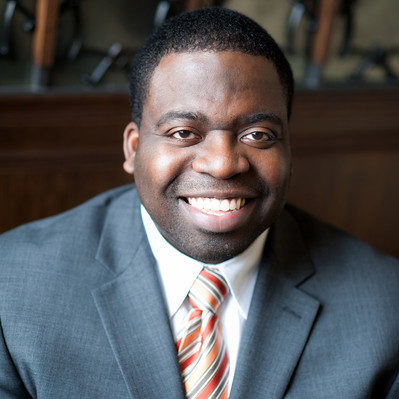2008 Illinois Traffic Stops Statistics Study has been released. The Atlantic’s James Warren parses the reactions:
The most significant racial disparity involves consent searches. While the total number of such searches has dropped sharply —by 33 percent—since 2004, they are applied disproportionately: an African-American driver is about three times as likely to be the subject of a search as a Caucasian driver, with a Hispanic driver 2.4 times as likely to be the subject of a search. But when vehicles are searched, whites are more often found to be hiding contraband. Police found contraband 24.37 percent of the time when a white agreed to a search, but just 15.14 percent of the time with a minority driver. This finding is consistent with other studies nationwide.
Some are convinced that this evidence points to a clear pattern of discrimination. As Harvey Grossman, director of the Illinois ACLU asserts, “The five years of data show a pattern of continuing disparate treatment based on race, particularly with consent searches.” In light of this view, when the 2008 report came out, Grossman urged then-Illinois Gov. Rod Blagojevich (remember him?) and Blago’s post-impeachment successor, Gov. Pat Quinn, to ban all consent searches by the Illinois State Police.
Others are less convinced that the data shows bias. Kwame Raoul, who succeeded Obama in the Chicago South Side state senate seat and is a former prosecutor, notes that one explanation for the disparity in consent searches may simply be that “whites are more tuned in to their constitutional rights, so they decline more often.”
Raoul’s assertion doesn’t really bear out in the numbers. If you agree to a consent search and you are clean, you probably don’t want to cause any problems or get taken down to the station house after you were caught speeding, or a registration expired, or a broken tail light. Even though you have a right to refuse, if you feel intimidated or that the officer’s discovery of nothing may make them realize you were just driving poorly many just “give the cop what they want” rather than “fight for the rights”. Being that the same percentage of pulled over whites and blacks agreed to consent searches, you can’t just make his assumption from that number. (disclosure: I’ve personally had cops show up at my apartment before, and I didn’t have any contraband…so I let them in. Turns out my neighbor downstairs heard a noise, got spooked and called the police. No harm, no foul. So i kinda get this.)
On page 11 of the report tables show: For Caucasians: out of 11767 consent searches requested, 10624 were performed (90.2%). For African Americans 8934 were requested, 8111 were performed (90.7%). So just about the same percentage of stopped drivers, white and black, consented to a search. The ones who consented and were caught with contraband are the ones who I would believe need to talk to a constitutional lawyer before they fill the tire well with narcotics, and the glove compartment with a stolen, loaded gun while driving 90 down the interstate with no tags.
I would assume if its 24.37% of 10624 drivers who were stopped, searched, contraband toting and coincidentally caucasion drivers vs 15.4% of 8111 who were stopped, searched, contraband toting and coincidentally minority drivers, the white guys knowing their rights better doesn’t bear out by volume of those who actually had something to hide. It also doesn’t bear out by looking at those who agreed to a search overall.
Raoul, as a prosecutor, may believe “whites are more tuned in to their constitutional rights, so they decline more often” because many more black folk, per total black population, are in the criminal justice system. A friend of mine, who is a public defender, told me the biggest problem, beside poor defense attorneys, that his clients have is that they don’t know when to say no, and they don’t know when to be quiet.
Now you could say more innocent minorities agreed to a search in which they would be framed, which would mean they didn’t leverage thier rights and opened themselves up to that situation, but that would assume a highly corrupt police force hell bent on minority destruction. I just think Mr. Raoul’s loose theory is probably heavily skewed by his previous work experience. Not the numbers contained within the report.
What it may essentially show is that to become more efficient, law enforcement may need better guidelines for when they should or shouldn’t perform a search.
